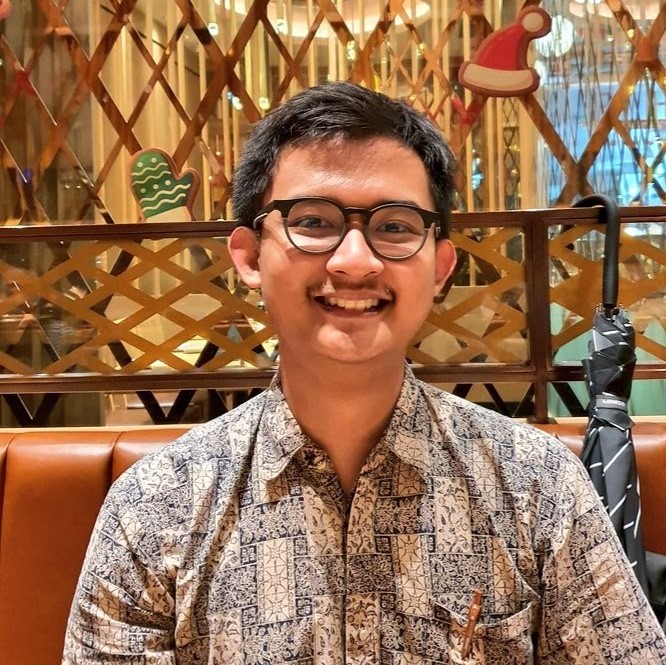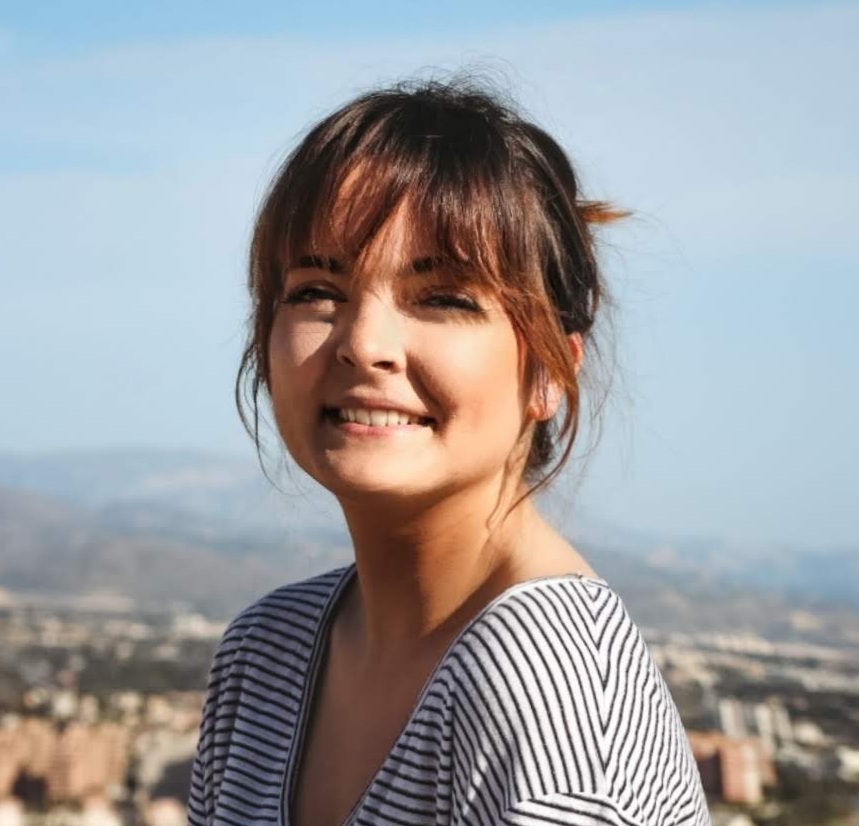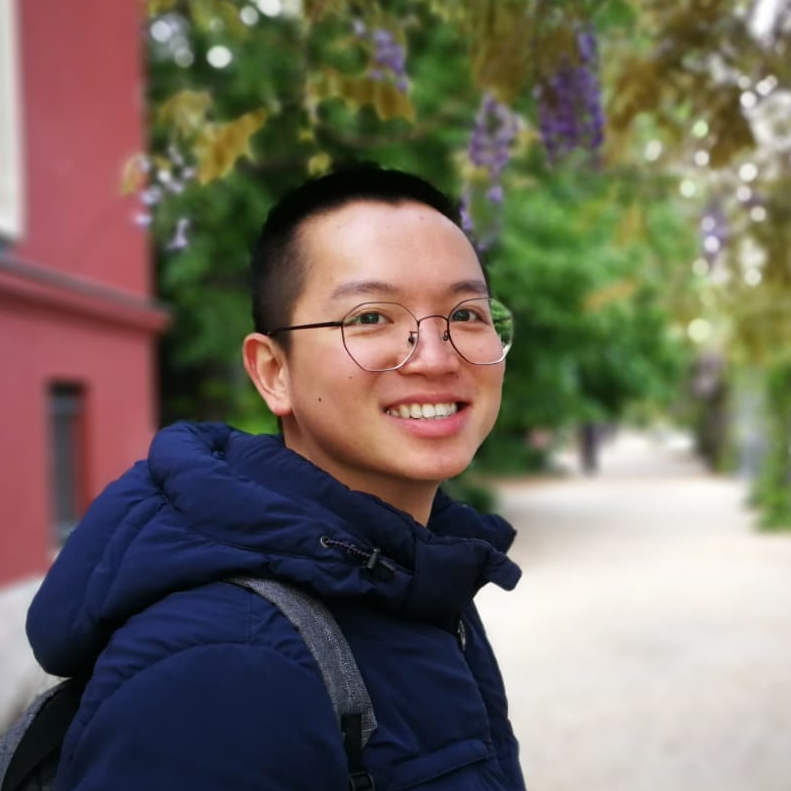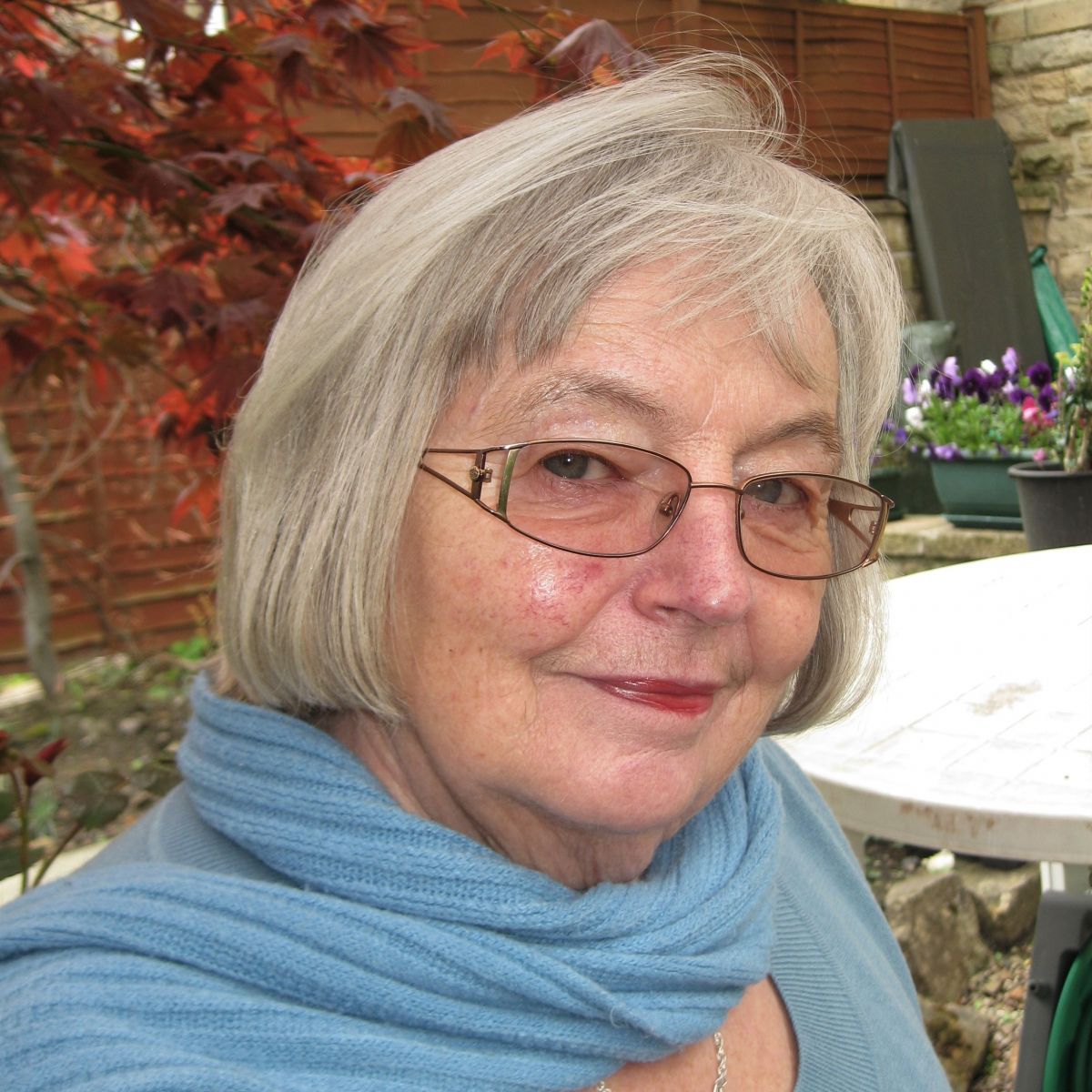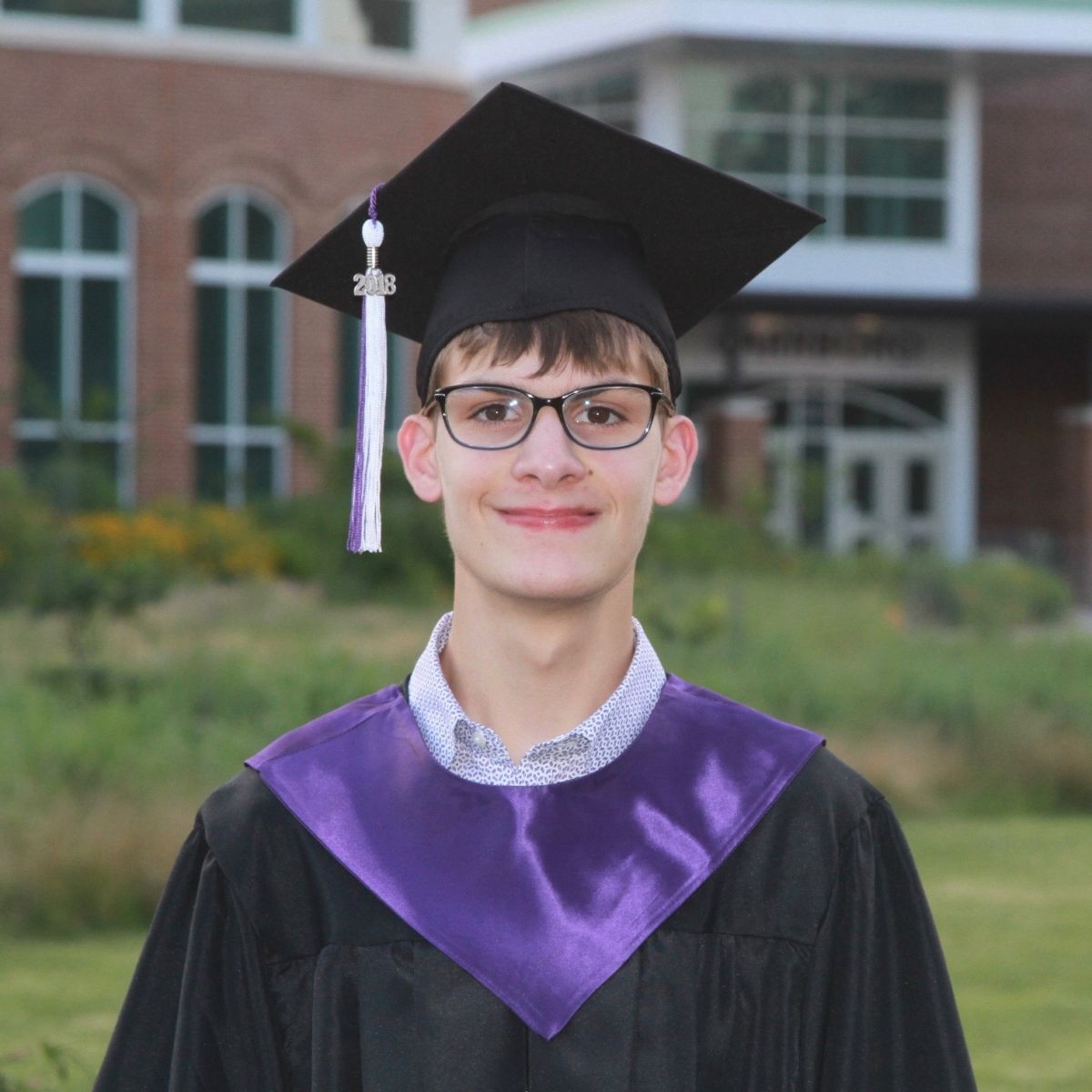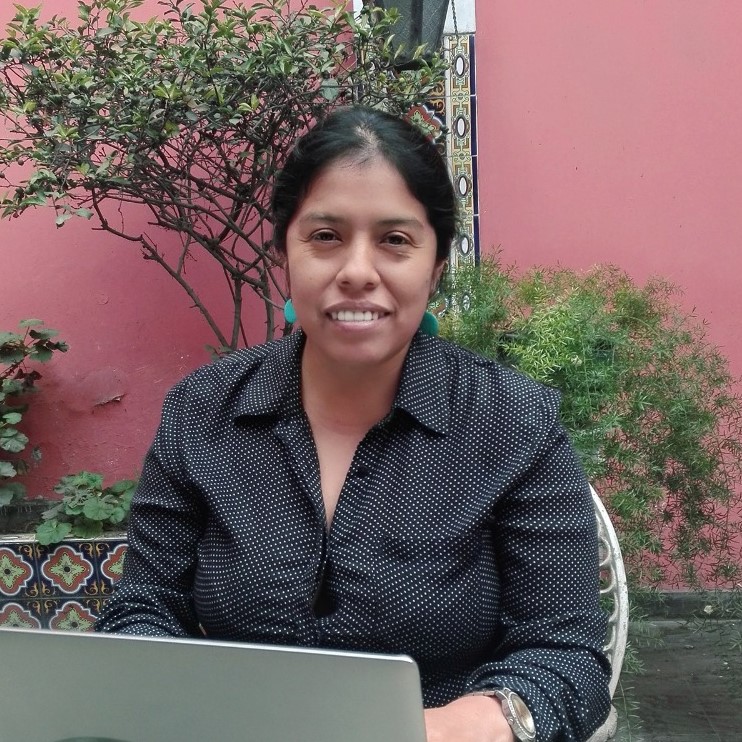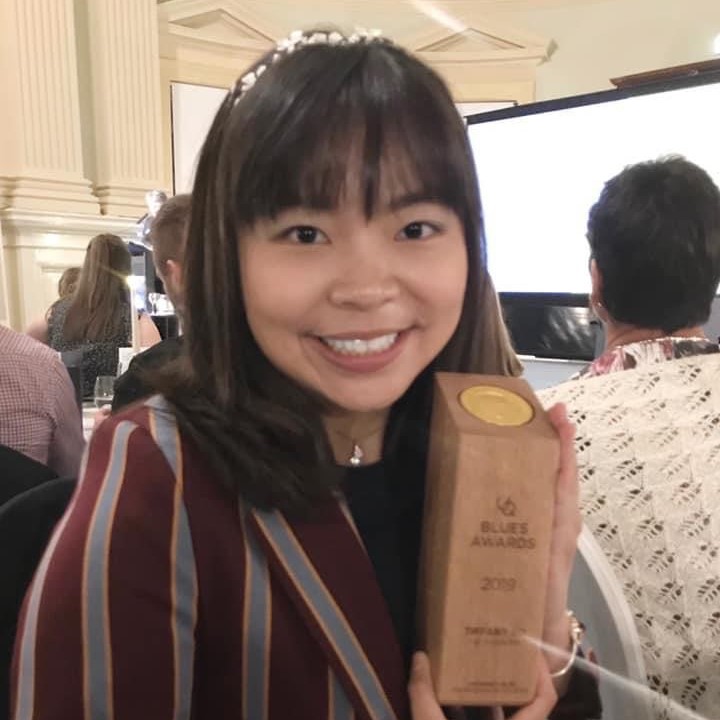Quando il tuo Paese è un caso studio: un ambientalista indonesiano a Yale
La mia esperienza, il mio sapere, e le esperienze di tutte le minoranze contano, anche quando quelle opinioni sembrano insignificanti a causa dell’eccessivo sforzo per farle comprendere alle persone.
Indonesia, Southeastern Asia
Story by Brurce Mecca. Translated by Stefania Ledda
Published on August 24, 2020.
This story is also available in 






Listen to this story:
Nel maggio del 2019 mi sono laureato con una specializzazione in Scienze ambientali all’Università di Yale (Stati Uniti) e vengo dall’Indonesia, un paese conosciuto per le sue varie culture, una ricca foresta tropicale ed enormi problemi ambientali. [1]
La mia esperienza a Yale è la storia del conflitto tra la mia identità di ambientalista indonesiano e di studente in compagnia di accademici del settore con punti di vista occidentalocentrici [2] sul mio Paese.
Per numerosi ambientalisti occidentali, l’Indonesia è un sito da studiare – un gigantesco laboratorio dove analizzare i problemi socio-ambientali tropicali e salvare la foresta pluviale. Molti dei miei compagni americani hanno lavorato lì e il relatore della mia tesi è famoso per la sua ricerca sull’ecologia umana in Indonesia. Mi sono trovato a Yale per unirmi al tavolo di esperti del mio Paese, ma le mie opinioni in quanto indonesiano nativo erano costantemente criticate dagli accademici occidentali. Per esempio, quando ho spiegato loro che gli interventi organizzati dai ricercatori occidentali per ridurre gli incendi nelle foreste non facevano altro che colpire i diritti di proprietà dei contadini indonesiani, sono stato considerato troppo ‘pessimista’. Per entrare nella conversazione, ho dovuto incastrare la comprensione che ho del mio Paese con le loro vecchie conoscenze e concezioni occidentalocentriche sull’Indonesia.
Quando ho presentato la mia ricerca sui problemi ambientali in Indonesia all’università, spesso mi chiedevano: “Che cos’è che rende i problemi ambientali del tuo Paese così unici rispetto a quelli degli altri?”. Questa sembrava una domanda normalissima, fino a quando non capii che ciò che mi veniva chiesto era spiegare perché l’Indonesia meritava l’attenzione della comunità accademica. Per i miei compagni e professori, una ricerca proficua è una ricerca capace di generare nuove idee. Loro vedevano l’Indonesia come un enorme e misterioso laboratorio nel lontano oriente, utile per creare delle ipotesi. Invece, per me e per le comunità con cui lavoro, le teorie degli intellettuali non servono a granché per risolvere i tangibili e imminenti problemi ambientali che influenzano la vita di molti. A prescindere dal fatto che i problemi ambientali nel mio Paese siano “unici” o meno, il fatto che gli accademici occidentali abbiano fallito nel risolvere queste problematiche è una ragione in più per gli ambientalisti indonesiani come me per andare avanti.
Sebbene l’Università di Yale si vanti di condurre un’ampia ricerca sull’Indonesia, ho notato che la maggior parte dei suoi ricercatori associava il mio Paese a sole due questioni – la deforestazione tropicale e gli orangotanghi. Quindi, per attrarre la loro attenzione sulla mia ricerca riguardo le comunità colpite dalla conservazione del terreno torboso [3], dovevo parlare di argomenti come la ‘deforestazione’ e la ‘perdita di biodiversità’ che interessavano ai ricercatori di Yale, anche se non mi concentravo su quei temi. Nonostante io sia un esperto di politiche indonesiane di terreno torboso a Yale, ho vissuto una costante sensazione di inferiorità e di rifiuto da parte degli studiosi occidentali dell’Indonesia perché le informazioni che fornivo erano valutate solamente sulla base di quanto esse potessero rientrare tra le loro priorità. Ho imparato che per far sì che le mie opinioni fossero rispettate e comprese, avevo prima di tutto bisogno di capire le prospettive dei miei compagni e professori occidentali e imparare a parlare con il linguaggio di Yale. Secondo, ho realizzato che Yale, talmente immersa nel suo occidentalocentrismo, probabilmente non comprenderà mai la complessità dei miei punti di vista. Questo mi ha condotto alla terza lezione che ho tratto da Yale: la mia esperienza, il mio sapere, e le esperienze delle minoranze contano, anche quando quelle opinioni sembrano insignificanti a causa dell’eccessivo sforzo per farle comprendere alle persone. Mi ci è voluto molto tempo per capire come raccontare la mia storia ed essere ascoltato. Se tutto va bene, se sempre più gente come me siederà al tavolo degli esperti, non ci vorrà molto prima che le loro esperienze siano accettate sin dal principio.
Note a piè di pagina
[1] In particolare, tra gli antropologi ambientali, l’Indonesia è diventata tristemente celebre per le guerre ambientali: interessi dei ricchi che distruggono la foresta tropicale, deregolamentazione della protezione ambientale sponsorizzata dallo Stato, elevato inquinamento della plastica negli oceani e, ovviamente, orangotango in via di estinzione.
[2] Per ‘occidentalocentrico’, intendo la precedenza data ai punti di vista europei e nord-americani su qualsiasi problematica; in questo caso, l’approvazione della ricerca europea e nord-americana sull’Indonesia rispetto alle informazioni fornite dagli stessi indonesiani.
[3] Trovi maggiori informazioni sul mio profilo CIFOR: https://www.cifor.org/feature/usaid-cifor-fellowship/brurce-muhammad-mecca/ o sul profilo del Tropical Resources Institute: https://tri.yale.edu/people/brurce-mecca
How does this story make you feel?
Follow-up
Do you have any questions after reading this story? Do you want to follow-up on what you've just read? Get in touch with our team to learn more! Send an email to [email protected].
Talk about this Story
Please enable cookies to view the comments powered by Disqus.
Subscribe to our Monthly Newsletter
Stay up to date with new stories on Correspondents of the World by subscribing to our monthly newsletter:
Other Stories in Italiano
Explore other Topics
Get involved
At Correspondents of the World, we want to contribute to a better understanding of one another in a world that seems to get smaller by the day - but somehow neglects to bring people closer together as well. We think that one of the most frequent reasons for misunderstanding and unnecessarily heated debates is that we don't really understand how each of us is affected differently by global issues.
Our aim is to change that with every personal story we share.
Community Worldwide
Correspondents of the World is not just this website, but also a great community of people from all over the world. While face-to-face meetings are difficult at the moment, our Facebook Community Group is THE place to be to meet other people invested in Correspondents of the World. We are currently running a series of online-tea talks to get to know each other better.











